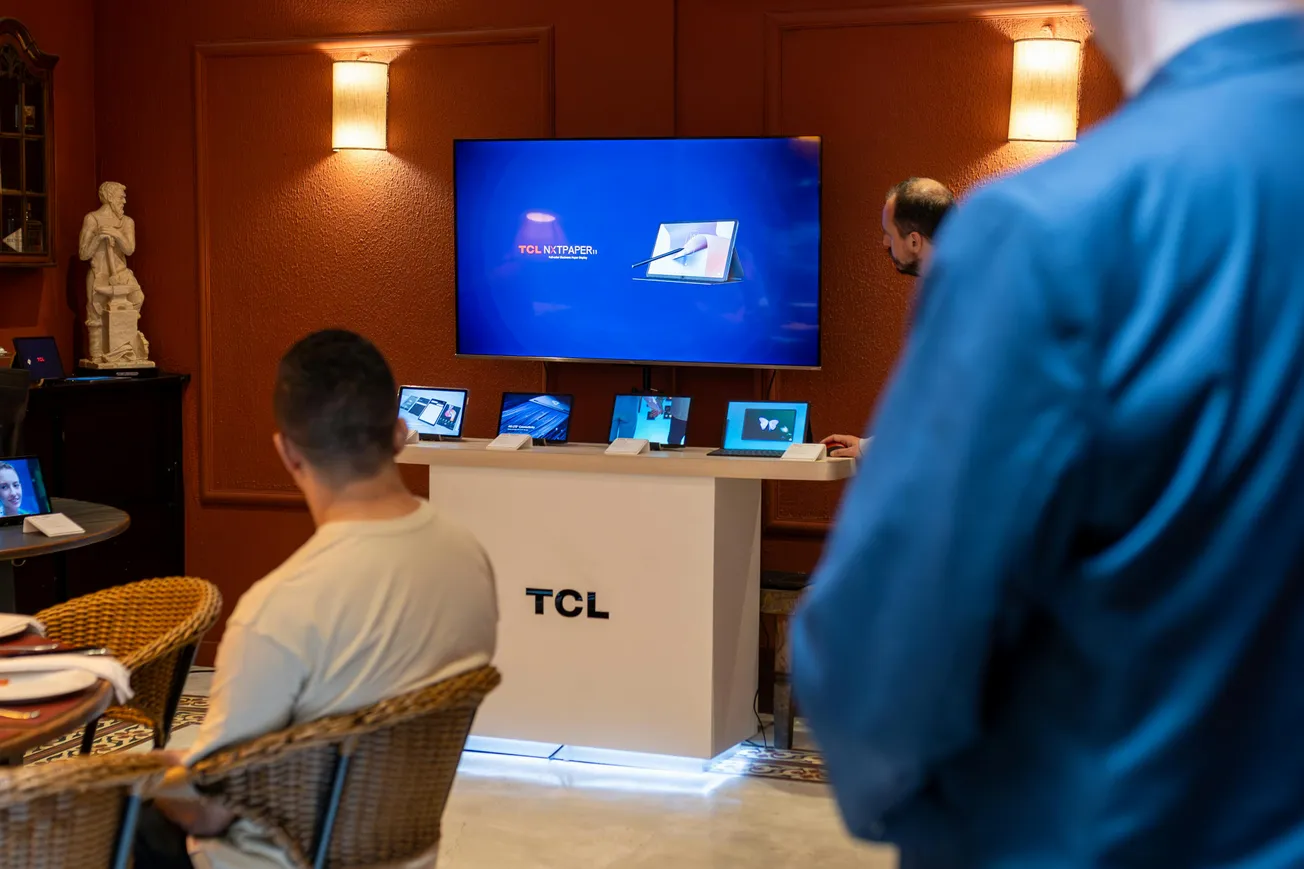Apparel leader Levi Strauss & Co. (Levi’s) has teamed up with Microsoft Corporation to roll out a next‑generation “super‑agent” — a sophisticated AI framework designed to span IT, HR and operations across the organisation.
According to the announcement, the initiative builds what Levi’s describes as a “complex agentic framework” which connects multiple sub‑agents into one network. The system is under development now and is set to begin deployment in 2026.
The intelligence layer will be hosted on Microsoft Azure and embedded within Microsoft Teams, enabling Levi’s staff to access it from existing collaboration platforms.
In addition to the overarching super‑agent, Levi’s is launching two dedicated AI assistants: one named “Stitch” to assist in‑store operations, and another titled “Outfitting” to support personal styling services.
These tools are part of a broader digital‑transformation initiative at Levi’s, as the company shifts more intensively toward a direct‑to‑consumer (DTC) model.
Levi’s recent earnings show a net revenue rise of 7 % year‑over‑year in the latest quarter, with the DTC segment growing 11 % — evidence of momentum behind the company’s transformation.
The move reflects a broader trend in retail: according to Capgemini, retailers are among the top industries adopting agentic AI systems — with nearly one in five brands already deploying AI agents.
As competitors such as Walmart Inc. and Target Corporation also roll out “super‑agent” models, it’s clear this capability is becoming a retail operations standard.
For industry observers and stakeholders in the omnichannel and retail‑tech ecosystem, the Levi’s‑Microsoft collaboration is a signal: AI is no longer limited to customer chatbots or front‑end personalization — it’s now being embedded into the core operational fabric of retail companies.







